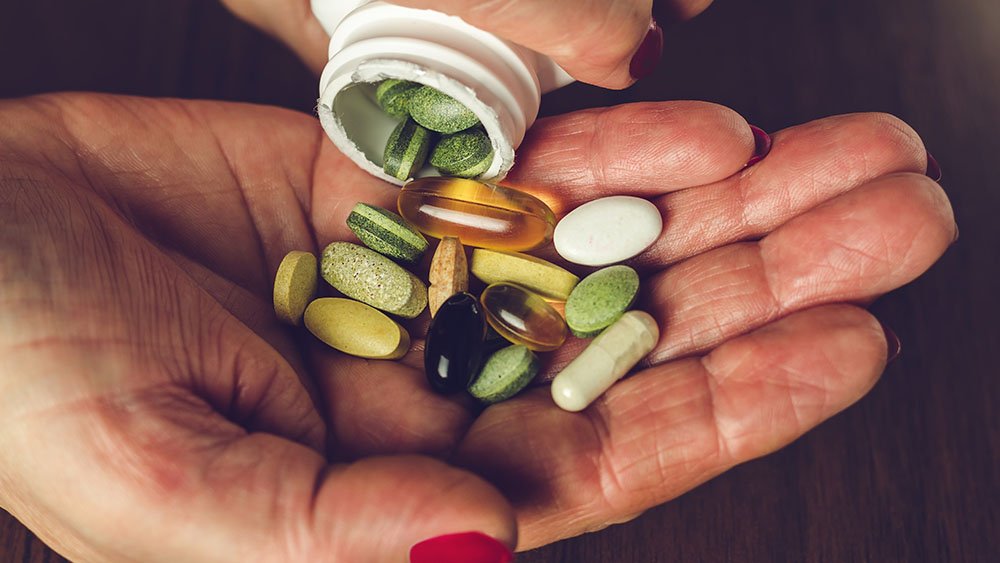
Some dietary supplements may help boost your immune system, but there is no evidence that they prevent or treat COVID-19.

Some dietary supplements may help boost your immune system, but there is no evidence that they prevent or treat COVID-19.
What you need to know
Research suggests that certain dietary supplement ingredients might improve immune response and reduce symptoms of some respiratory illnesses, like the common cold and flu. Popular supplement ingredients that are thought to support immune health include vitamin C, vitamin D, zinc, elderberry, echinacea, and probiotics. During the COVID-19 pandemic, sales of these supplements increased despite the lack of reliable evidence that they are effective at preventing SARS-CoV-2 infection or reducing COVID-19 disease severity. And by law, dietary supplements are not allowed to be marketed to treat, prevent, or cure any disease; only drugs can legally make such claims.
To bridge this knowledge gap, scientists have researched whether these supplements are safe and effective ways to boost the immune system against COVID-19.
What are the researchers doing?
Several dietary supplement ingredients are being examined for their ability to protect against and improve immune response to COVID-19. Also, several clinical trials are testing the effects of dietary supplement ingredients, including omega-3 fatty acids, melatonin, and vitamin D, in patients with COVID-19.
NIH’s Office of Dietary Supplements (ODS) reviewed this research to see if these supplements showed an ability to promote an immune response to COVID-19 and to understand any potential safety issues or side effects. The review found that current research does not support the use of any dietary supplement ingredients to prevent, treat, or reduce symptoms related to COVID-19.
Why is this research important?
Many people are searching for ways to protect themselves against COVID-19. Unfortunately, some of the information they find about COVID-19 prevention and treatment options is unscientific and misleading. NIH’s review of the current available research reinforces that although these dietary supplements in moderation may not cause harm, there is no proof that they will help prevent SARS-CoV-2 infection or treat COVID-19.
Where can I go to learn more?
Dietary Supplements in the Time of COVID-19
The ODS fact sheet shares detailed information about 11 supplement ingredients that are being studied to understand whether they help to fight COVID-19.
NIH COVID-19 Treatment Guidelines
The COVID-19 Treatment Guidelines provide clinicians with evidence-based recommendations on the management of COVID-19.
The Effect of Melatonin and Vitamin C on COVID-19
An ongoing clinical trial examines whether melatonin and vitamin C can improve symptoms and outcomes for patients with COVID-19.
Sources
NIH Office of Dietary Supplements (2021, May 12). Dietary Supplements in the Time of COVID-19. Retrieved June 10, 2021, from https://ods.od.nih.gov/factsheets/COVID19-HealthProfessional.

News and Stories
Read stories about the efforts underway to prevent, detect, and treat COVID-19 and its effects on our health.
 An official website of the United States government
An official website of the United States government

